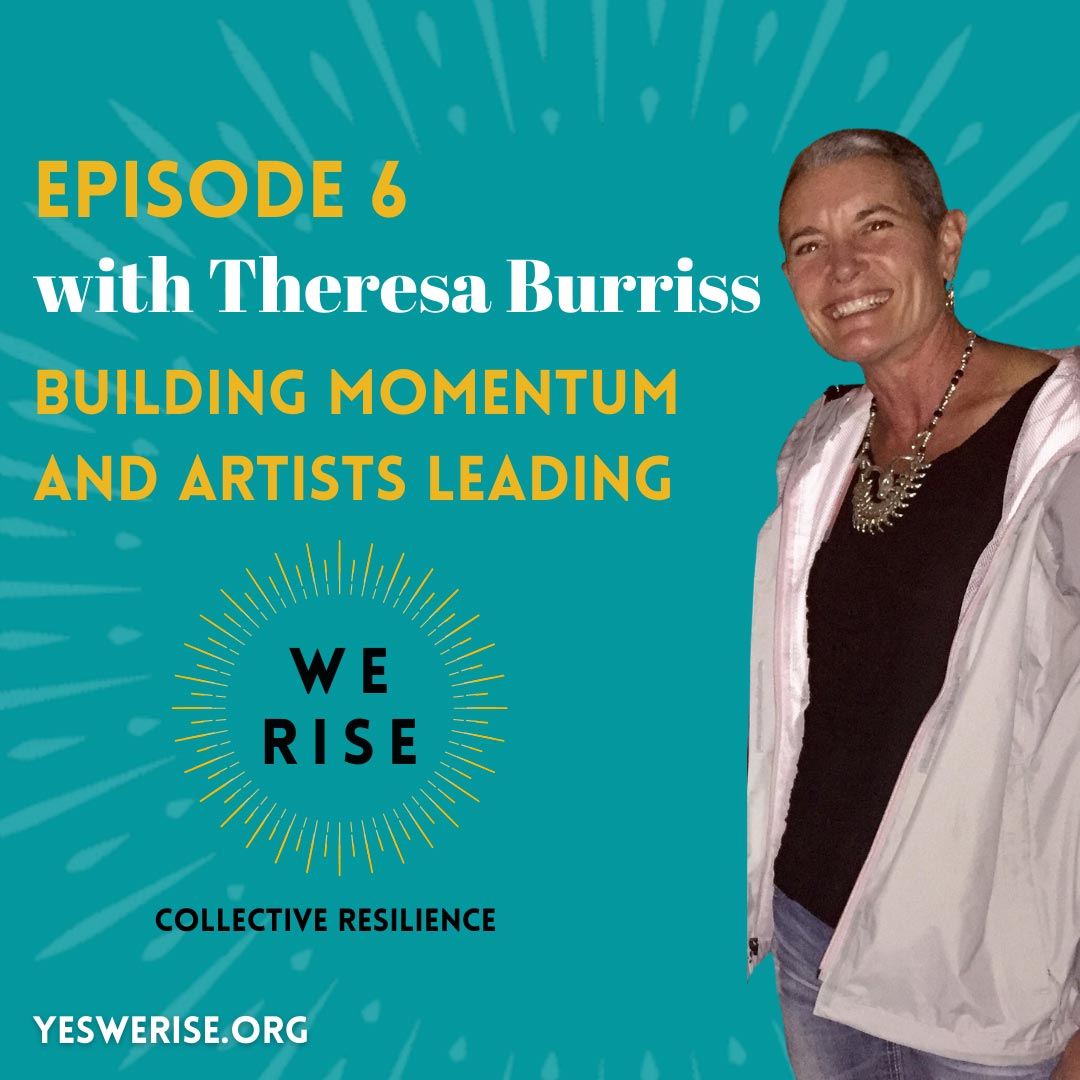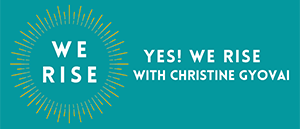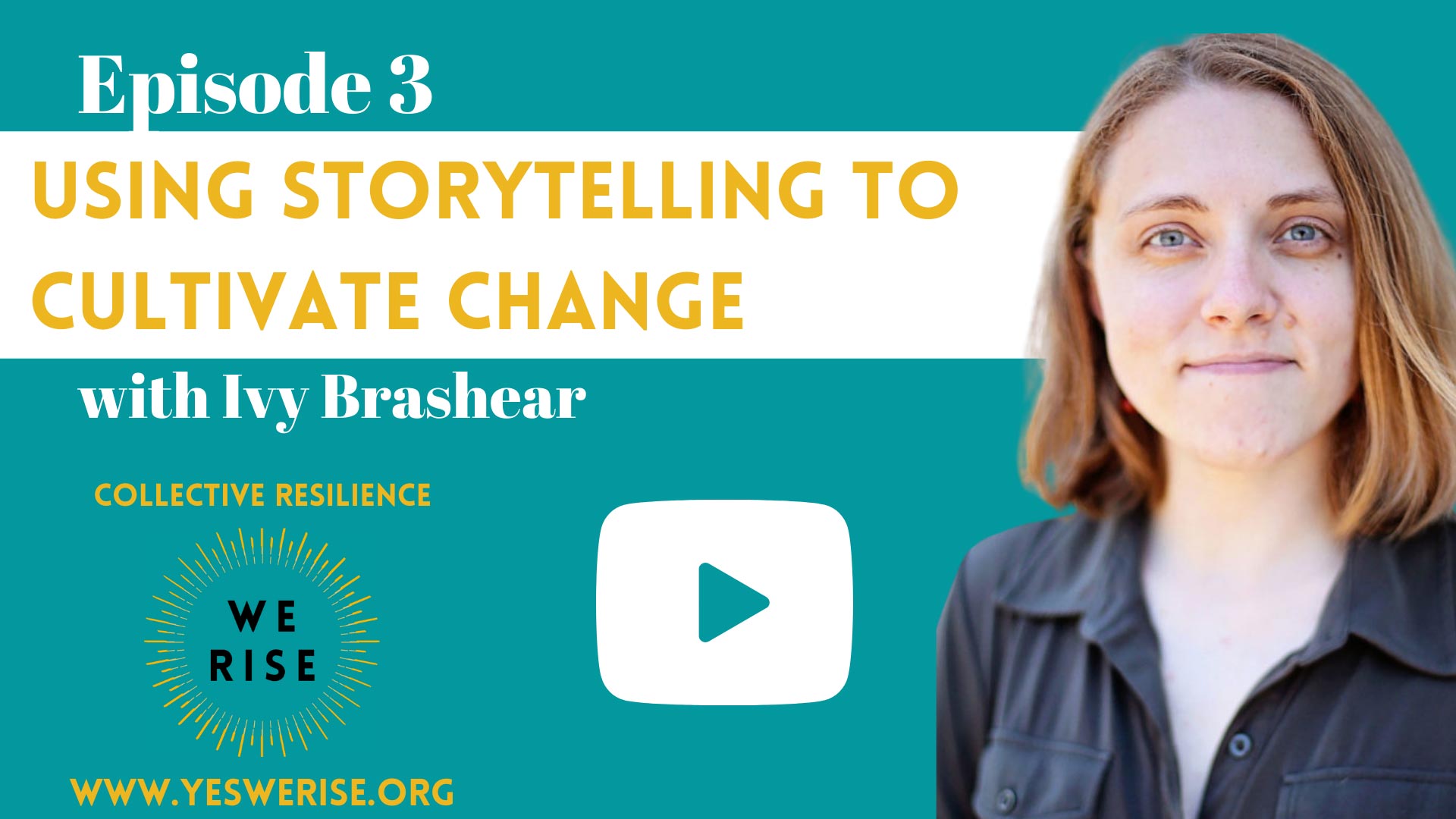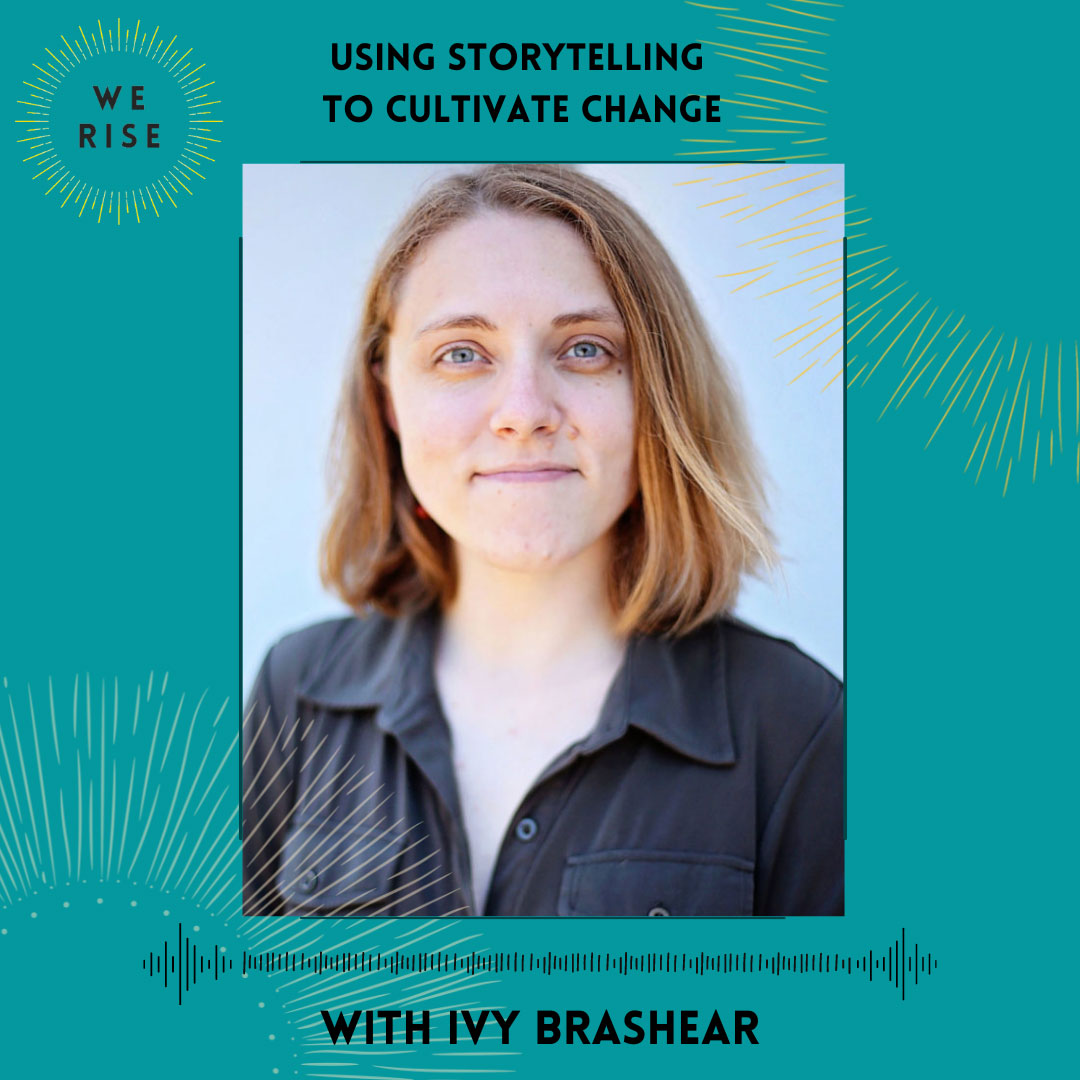
Episode 3:
Using Storytelling
to Cultivate Change
with Ivy Brashear
Episode 3 Description
In Episode 3 of the We Rise Podcast, Christine welcomes Ivy Brashear to share about her passion for using storytelling to cultivate change in a community.
Ivy has been the Appalachian Transition Director of the Mountain Association in Berea since 2013 and is a 10th generation native to central Appalachia. Starting a career in journalism, her current position incorporates storytelling, narrative change, and policy education.
Ivy Brashear is the Appalachian Transition Director at the Mountain Association. Her work includes storytelling, policy education and media relations, and focuses on shifting the narrative of Appalachia as a critical aspect of just and equitable economic transition. She holds a Bachelor’s degree in Journalism and Appalachian Studies from Eastern Kentucky University, and a Master’s degree in Community and Leadership Development from the University of Kentucky. Her Master’s thesis focused on the impact that media portrayals of Appalachia have on Eastern Kentuckians’ understanding of themselves and their culture. She is also a freelance journalist whose work has appeared in Yes! Magazine, 100 Days in Appalachia, Scalawag, and Spotlight on Poverty and Opportunity. She is from Viper, Kentucky.
Download the show Notes
find us on youtube
Key takeaways
Storytelling is a key to transformation.
Growing up in a culture and home immersed in storytelling, Ivy understands the impact stories have on influencing change. Studying journalism in school and becoming a journalist in Perry County Kentucky, she further developed her passion for amplifying the voices of others.
When a platform or opportunity is created to hear others’ experiences, connection takes place. This connection is rooted in solidarity, understanding, and relatability. Shared human experiences remind us we are not alone in the struggles we face. Finding a connection point, we are able to place ourselves in someone else’s shoes. This cultivates an openness to hear and learn from others.
On a larger level, when a town or community learns of another community thriving, changing, or transforming through a story that is relatable, it has the power to inspire them to envision and pursue what could be possible for them.
Ivy was introduced to a tool called Ripple Effect Mapping by Nicole Breazeale. Using the program with an organization called What’s Next East Kentucky, they began collecting data on the impact of storytelling, taking qualitative data and turning it into quantitative data. The results showed that impact was happening at a cultural level. People had begun thinking differently about community development, storytelling and community engagement. This tool created data supporting what Ivy already knew to be true: stories create change.
Honor the past to create a new future
The global economy and corporate economy has moved away from the coal industry. In a big business and corporate world, there has been a loss of local community and intimacy. The coal and mining industry was an avenue that fostered connection within towns. It was a culture, and with it brought traditions.
When society shifts, things are inevitably lost. Some are meant to fall away, while others are meant to be rekindled in a new, relevant way. Yearning to bring back small town support and celebrate local businesses, Ivy has witnessed communities realizing their power and the opportunity to create what they want for themselves, while still honoring their history.
Some individuals and organizations leading the way in sharing these stories have been author Jessica Wilkerson, who authored a book about the southern Appalachia caretakers and activists serving the community.
Impacting the youth community are organizations like The STAY Project out of The Highlander Center and It’s Good To Be Young In The Mountains.
Creating safe spaces is a catalyst for progress
Growing up connected to a large family, and personally identifying as Queer, Ivy has both observed and lived out what it means to be resilient. These personal experiences have led her to understand the importance of empathy and drive her passion for sharing stories.
As communities step into a new vision, it is important to embolden stories of those marginalized, women, black and indigenous people of color, LGBTQ individuals, those living in systemic poverty, and beyond. When all stories are welcomed, heard, and respected, a solid foundation is built, enabling the entire community to succeed and thrive.
An important component to storytelling is safe spaces for marginalized folks. When you feel alone, it limits your ability to speak up and share your story. Facing hardship, poverty, and oppression leads to fear and worry. When you communicate allyship, support, and representation of all people, diversity is celebrated, all-encompassing policies are implemented, and representation becomes a normal part of your community. This furthers a culture of equity for all, and space for everyone to thrive.
notable quote from ivy
“I think that’s really the ethos that I bring into the work that I do now – is really trying to seek out stories of other people that are powerful and important and impactful and trying to amplify those stories in some way.”
Links/resources mentioned
To Live Here You Have To Fight by: Jessica Wilkerson
The STAY Project at
The Highlander Center
It’s Good To Be Young In The Mountains
The Yes! We Rise podcast is produced by Dialogue + Design Associates, Podcasting For Creatives, with music by Drishti Beats.
Please rate, review, and subscribe to the podcast so we can continue spreading our message far and wide. Find our email list at the website: www.yeswerise.org.
Thanks for listening.
Don’t miss an episode — follow us on Spotify and subscribe via Apple Podcasts, Stitcher, or Google Play, and please leave us a review wherever you listen.
Jump to:
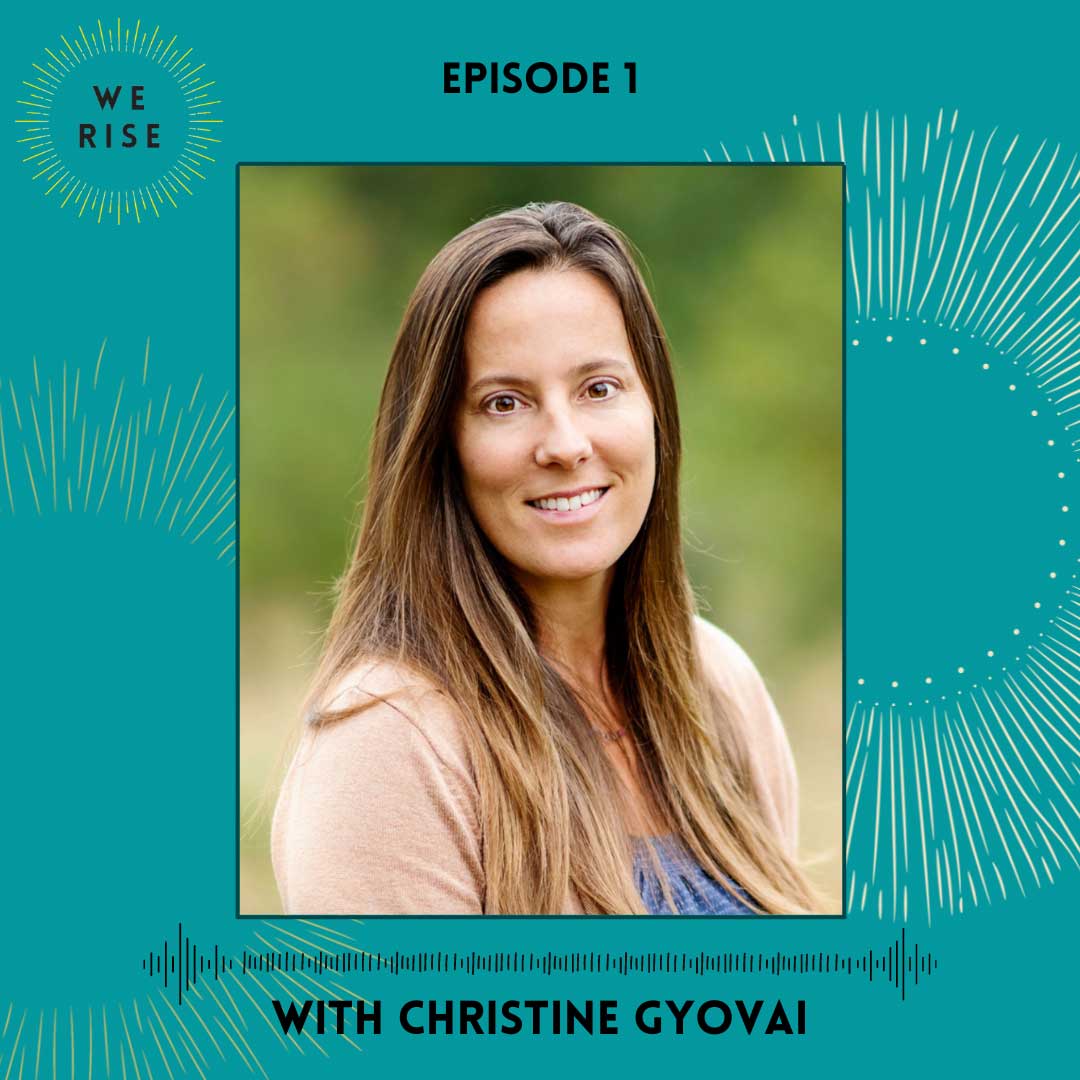
Episode 1
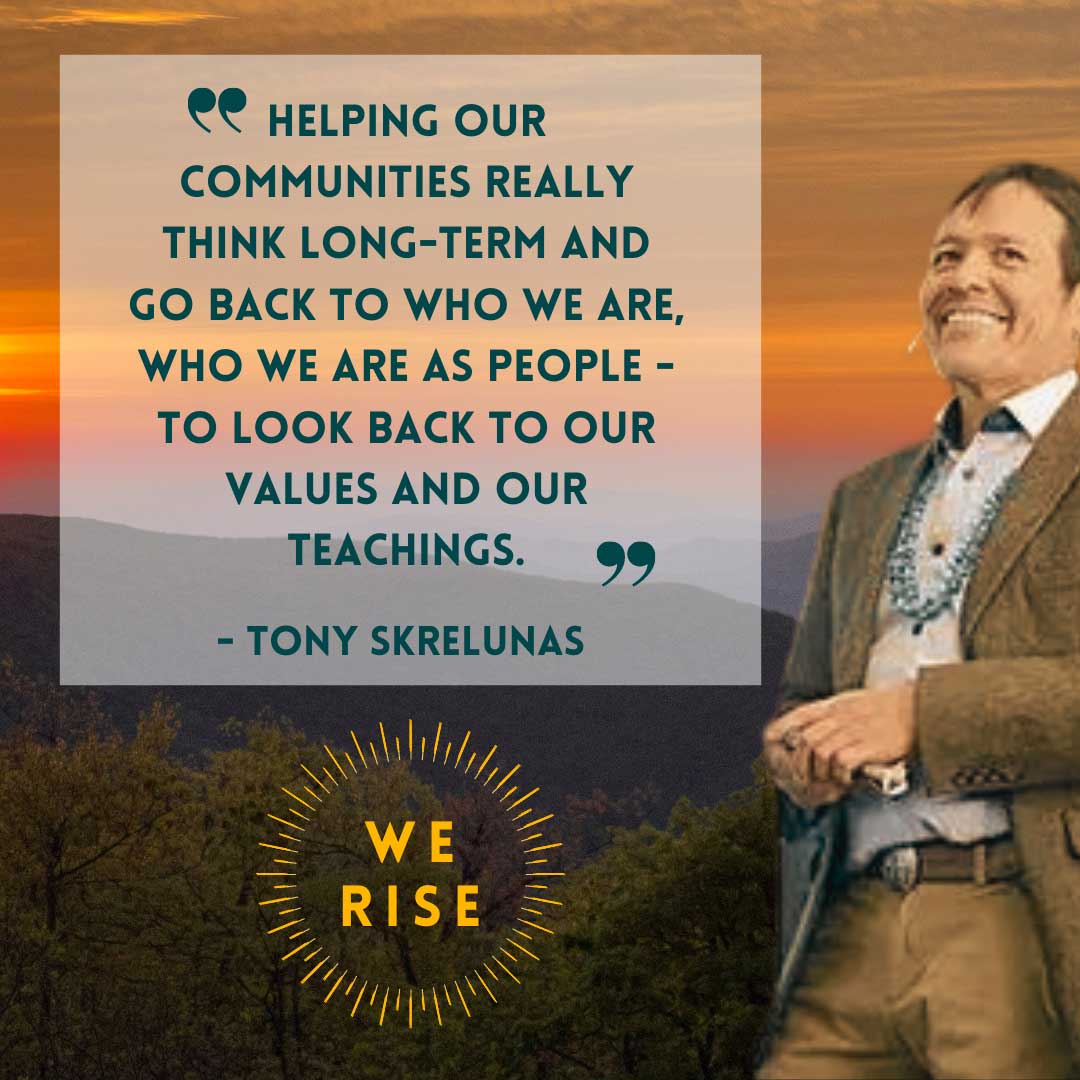
Episode 2

Episode 3
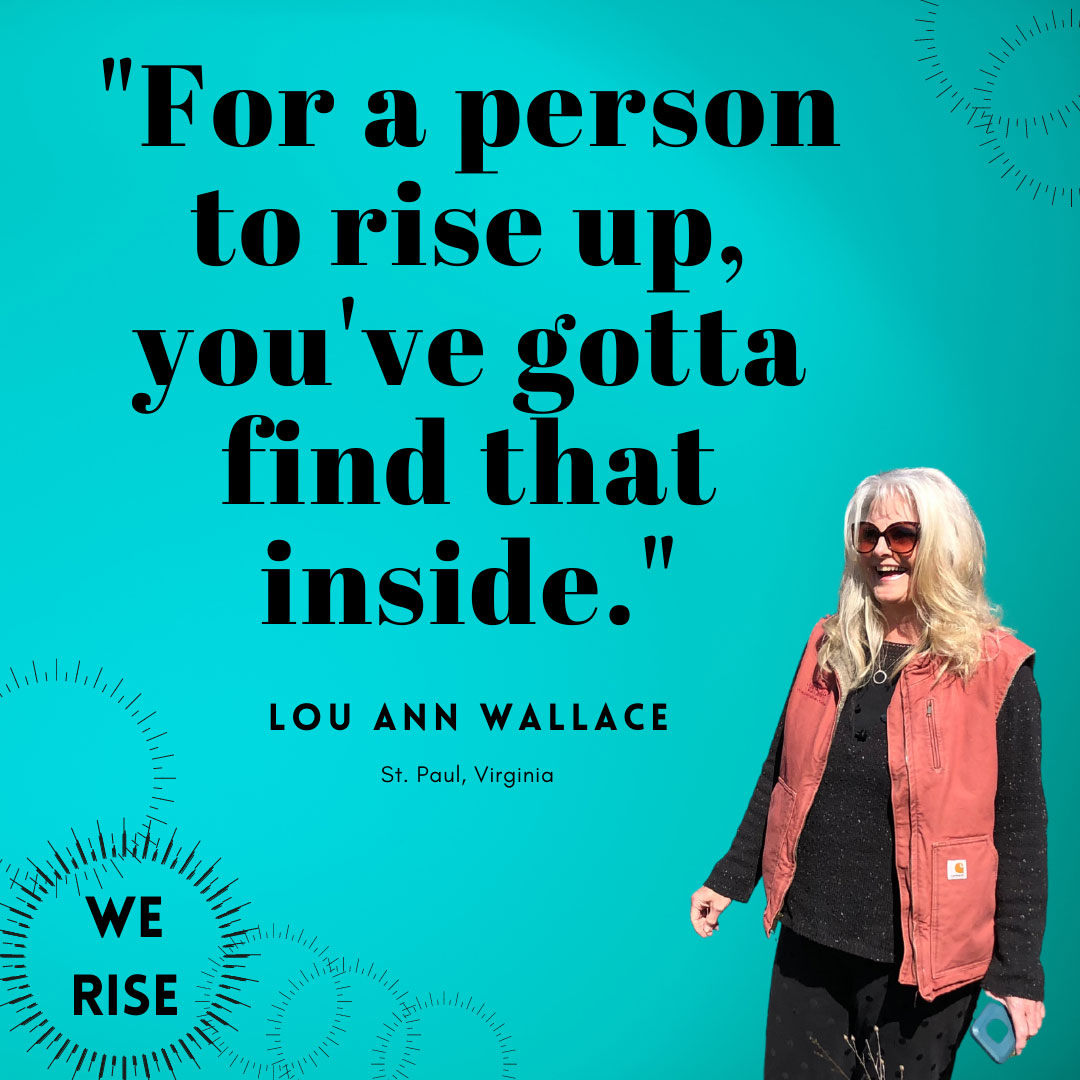
Episode 4
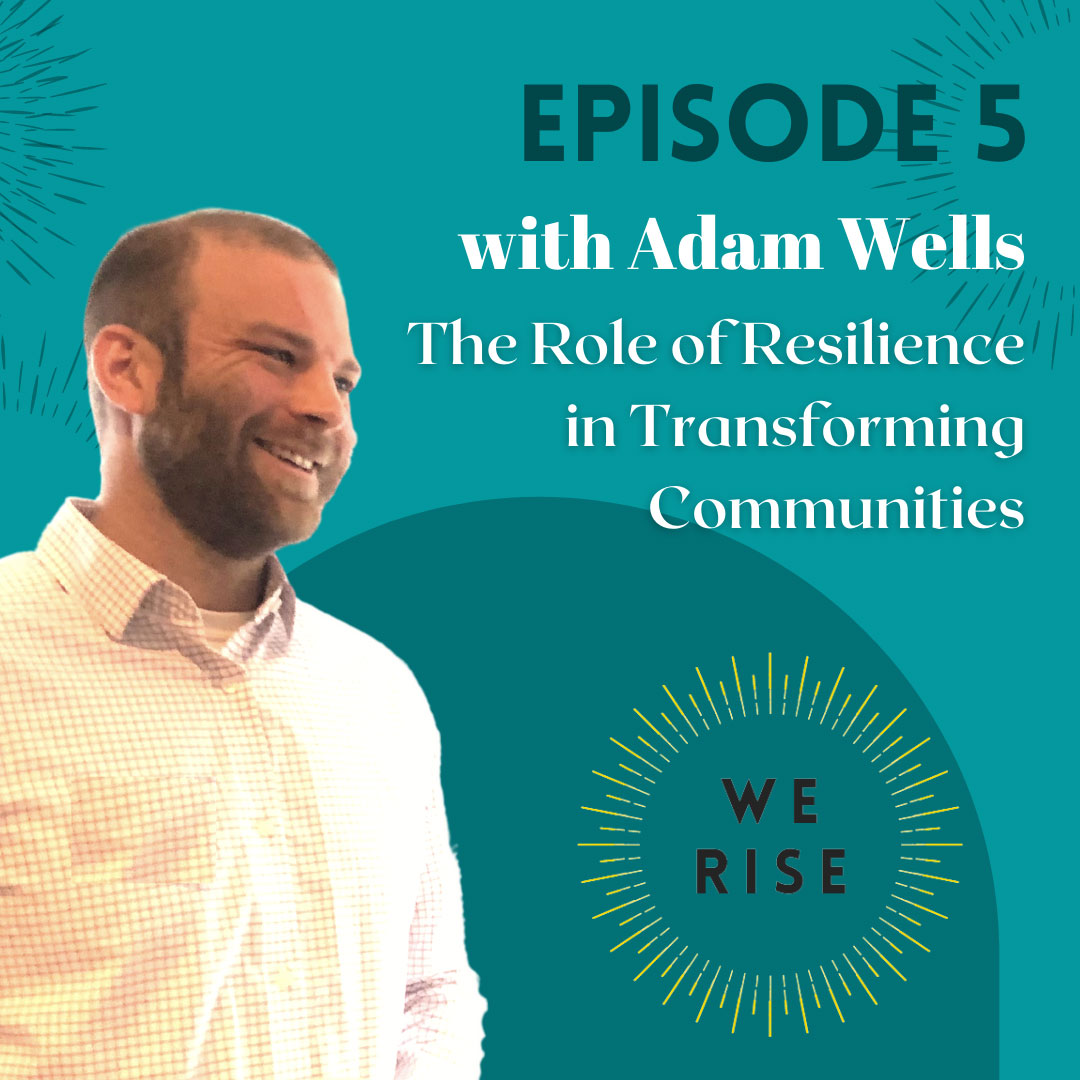
Episode 5
